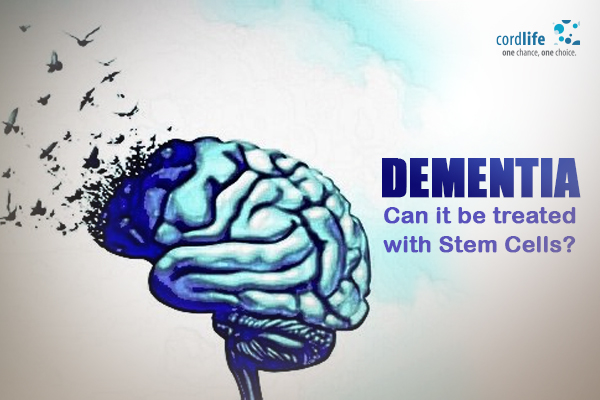Popularly known for causing mental decline, dementia affects people over the age of 60, with the risk of incidence increasing as one grows older. Starting at 5% risk at the age of 65, the risk of dementia rises every 5 years, going up to 40-50% by the time one turns 85. It starts manifesting itself as the forgetfulness that’s the most common problem in old age. How else can it be identified? Let’s find out!
Symptoms of Dementia
Other than memory loss, other symptoms include:
- Inability to do routine tasks
- Difficulty finding the right words and names for everyday objects
- Abrupt mood swings
- Confusion and difficulty remembering people’s names and faces
- Inability to fully comprehend stories
- Loss of direction resulting in getting lost frequently
- Frequent repetition of stories or questions
- Regression of mental ability
- Difficulty with numbers and simple calculations
Since the first and foremost symptom of dementia involves forgetfulness, many dementia patients and their families attribute that to old age and neglect digging deeper. It needs to be said that some people may experience forgetfulness but not have dementia. Hence, it’s important to undergo neurological exams, lab tests and neuropsychological tests to check for dementia.
Treatment of Dementia
Any complaint of frequent forgetfulness needs to be immediately addressed. The treatment and the success of these depend on the source and severity of the disease. In some cases, the doctor may prescribe drugs that reduce the symptoms and slow down the progression of the condition. In vascular dementia, which causes blood clots in the brain, treatment will stop new blood clots from forming.
How Do Stem Cells Help Treat Dementia?
Stem cells are those from which all the cells in our body are generated. They can become new stem cells or even specialised cells with a specific function, like blood cells, bone cells, heart muscle cells, and in the case of dementia, brain cells.
Due to the small size of the cells, they can get into brain tissue, thereby increasing the recovery rate. The age and weight of the patient will determine how many cells are needed. The frequency of the treatment will be dependent on the extent of the condition. However, current stem cell treatments use baby stem cells or mesenchymal stem cells (MSCs) that are harvested from the umbilical cord or cord blood or Wharton’s jelly. These remain in the body and are found in adult stem cells niches including bone marrow or adipose tissue. Since many factors determine the treatment specifics, different patients will receive different treatment intensities. It has been reported that the most lasting promising effects are seen when the condition is in its infancy. However, patients with organic brain lesions also saw positive results. If you’re caring for a dementia patient, and if you’re a family member, you need to know that genetics does play a role in dementia. In fact, about 30% of patients have a family history of dementia. Can it be avoided? There are certain precautions you can take – 1) regular physical exercise can reduce the risk of dementia by 70%, 2) add vitamins B12 and D to your diet; 3) keep your brain active with brain exercises; 4) reduce your intake of alcohol, and 4) avoid nicotine at all costs.
